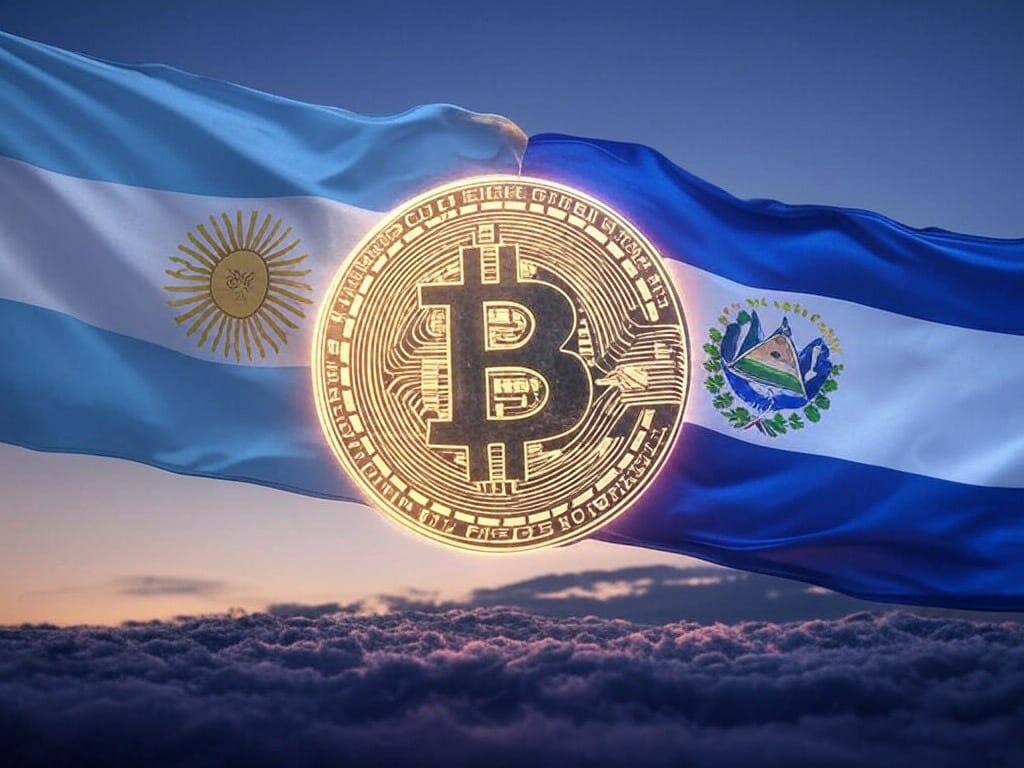Argentina and El Salvador Join Forces in Crypto Regulation

Argentina has embarked on a collaborative journey with El Salvador to refine and enhance their regulatory frameworks surrounding cryptocurrencies. This partnership, orchestrated under the guidance of President Javier Milei, underscores a commitment to creating a robust and transparent environment for virtual asset service providers (VASPs).
The heart of this collaboration lies in an agreement signed between Argentina's National Securities Commission (CNV) and El Salvador's Digital Asset National Commission (CNAD). This alliance aims to promote integrity, efficiency, and financial soundness within the burgeoning crypto sector by facilitating the exchange of information and regulatory practices.
Learning from El Salvador's Pioneering Approach
El Salvador has carved a niche for itself in the global crypto landscape by not only adopting Bitcoin as legal tender but also by establishing one of the most comprehensive regulatory frameworks for digital assets. This experience is what Argentina is keen to tap into. Roberto Silva, the president of CNV, emphasized the importance of this partnership, stating that El Salvador's leadership in digital asset regulation could serve as a blueprint for Argentina's own regulatory strategies.
The discussions leading to this agreement were not spur-of-the-moment; they followed a series of meetings between officials of both nations in March and May. These sessions laid the groundwork for what is now seen as a strategic partnership aimed at safeguarding investors and fostering a legitimate market for digital currencies.
Under President Milei's administration, Argentina has shown a clear intent to integrate cryptocurrencies into its financial system more deeply. The CNV has taken steps to assert its role as a regulator for VASPs, notably by launching the first registry for crypto exchanges in June. This registry initially authorized 35 companies, including four international exchanges, to operate within Argentina, marking a significant milestone in the country's crypto journey.
This regulatory push is part of a broader initiative to open up traditional financial markets to crypto innovations. Recently, the CNV approved the listing of foreign crypto exchange-traded funds (ETFs) on national stock markets, further indicating Argentina's readiness to embrace digital finance.
The partnership with El Salvador is not just about adopting foreign practices; it's about creating an ecosystem where both countries can learn from each other, improve upon existing regulations, and prevent fraudulent activities that have historically plagued the crypto space. By sharing insights and regulatory techniques, both nations aim to foster an environment where digital assets can thrive securely.
This collaboration between Argentina and El Salvador might very well set a precedent for other countries looking to navigate the complex waters of cryptocurrency regulation. It's a step towards a future where digital currencies are not just fringe elements of finance but integral components of a global economic system, regulated effectively to benefit all stakeholders.

